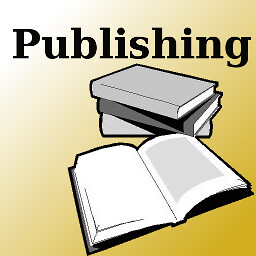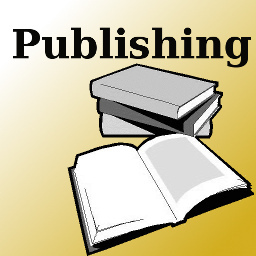 An important distinction I did not highlight yesterday was in the distinctions of how folks got paid.
An important distinction I did not highlight yesterday was in the distinctions of how folks got paid.
First – Yog’s Law. Money flows toward the author. Always.
There’s nothing wrong with other folks getting a percentage – if the effort and work continue to be worth that percentage. For example, with the Crimson Pact anthology (still accepting flash fiction, by the way) I’m acting as the publisher. Ongoing marketing, supply, and distribution efforts are going to be borne by me, so there is a "publisher" percentage cut of profits. I am continuing to earn that money over time. (The total percentage to authors is still going to be more than B&N or Amazon’s.)
Likewise, the editor (line editing, not copy editing) is being paid as a percentage – because his creative input will add value to the whole enterprise. The authors (as content creators) obviously deserve to reap the ongoing rewards of the enterprise.
In contrast, when I convert an eBook for someone else, I charge a flat rate. It’s a one-time process that doesn’t substantially add value to the work. Conversion, copyedits, and the like are essentially work for hire.
There are times for exceptions – but they should be up front and transparent. For example, I am making an exception for the first Crimson Pact anthology. This is for three reasons:
- I am handling the publishing and conversion bits. (I’m not writing a short story for the anthology, by the way. I might submit a flash story, but it’ll go through the same vetting process as everyone else.)
- It is important to me to have the book start earning money for authors sooner. In other words, the book will "earn out" faster. Accounting-wise, I could have paid myself a flat rate and taken a larger chunk of the publisher pie, but I have this thing about paying flat rates before royalties. As it stands, I’m taking a risk doing a couple hundred dollars worth of work for what might be nothing, or might be a lot. Because I believe in the work – and because of #1 – I can get this project going and reward the creative talent first. I think this holds to the spirit of Yog’s Law.
- I’m capital-poor at the moment. As Alliteration Ink (yup, that’s what the imprint’s going to be called) gains some capital, I will move away from that model. The conversion will be paid out of the publishing company’s existing funds, and then the "publisher" percentage will replenish those funds. That’s what essentially happens with authors and advances against royalties.
Your thoughts (and disagreements) are welcomed.
